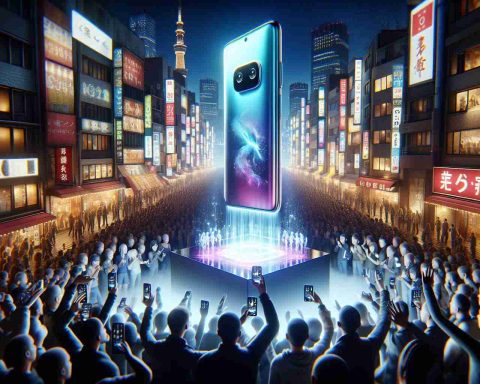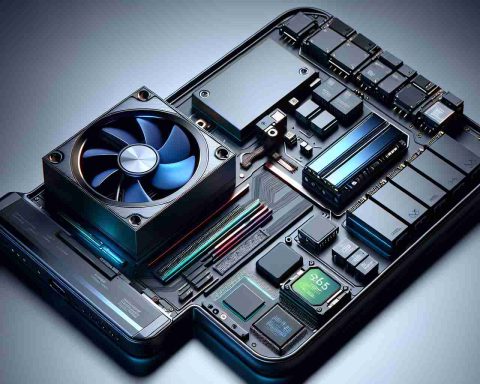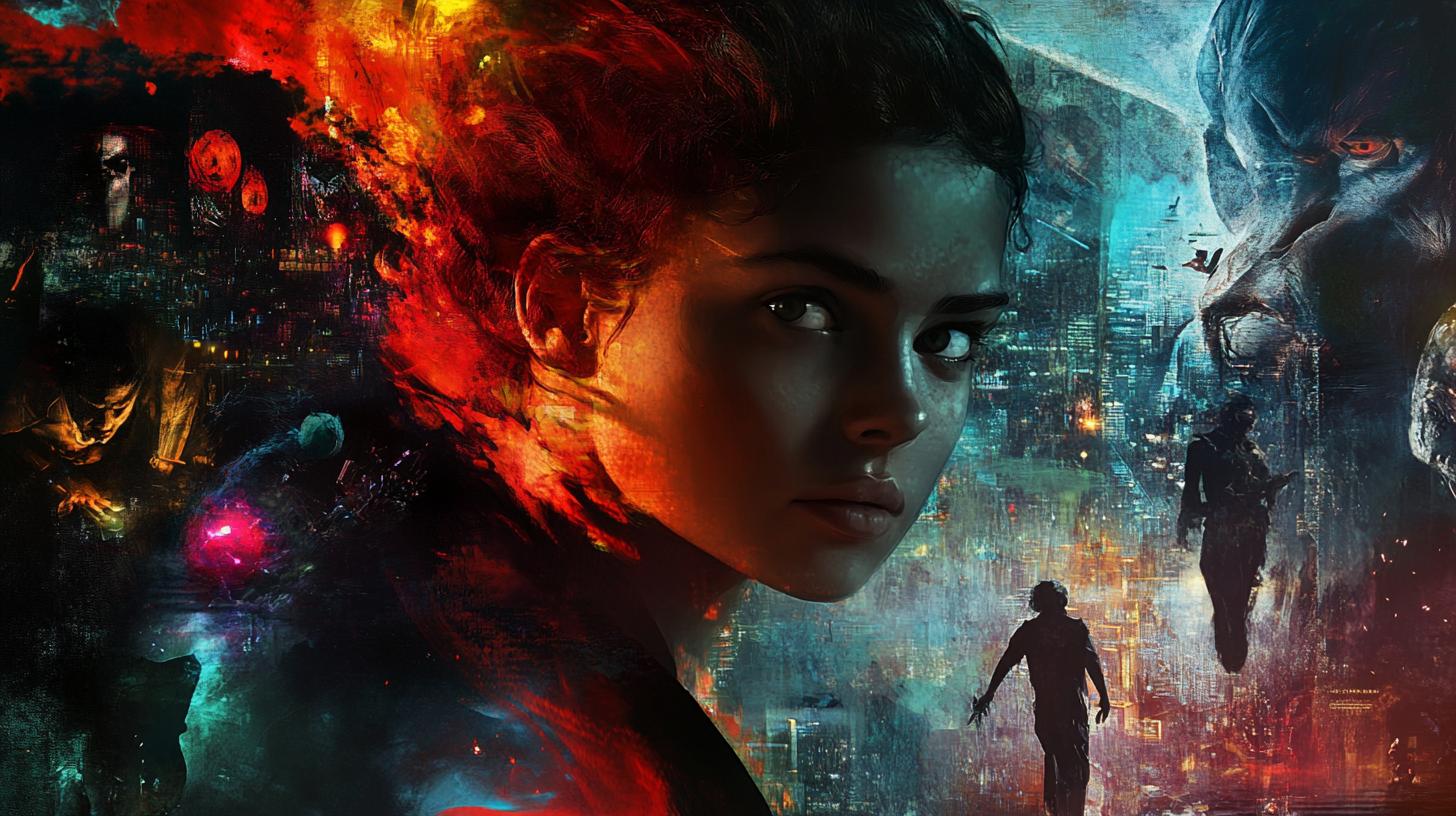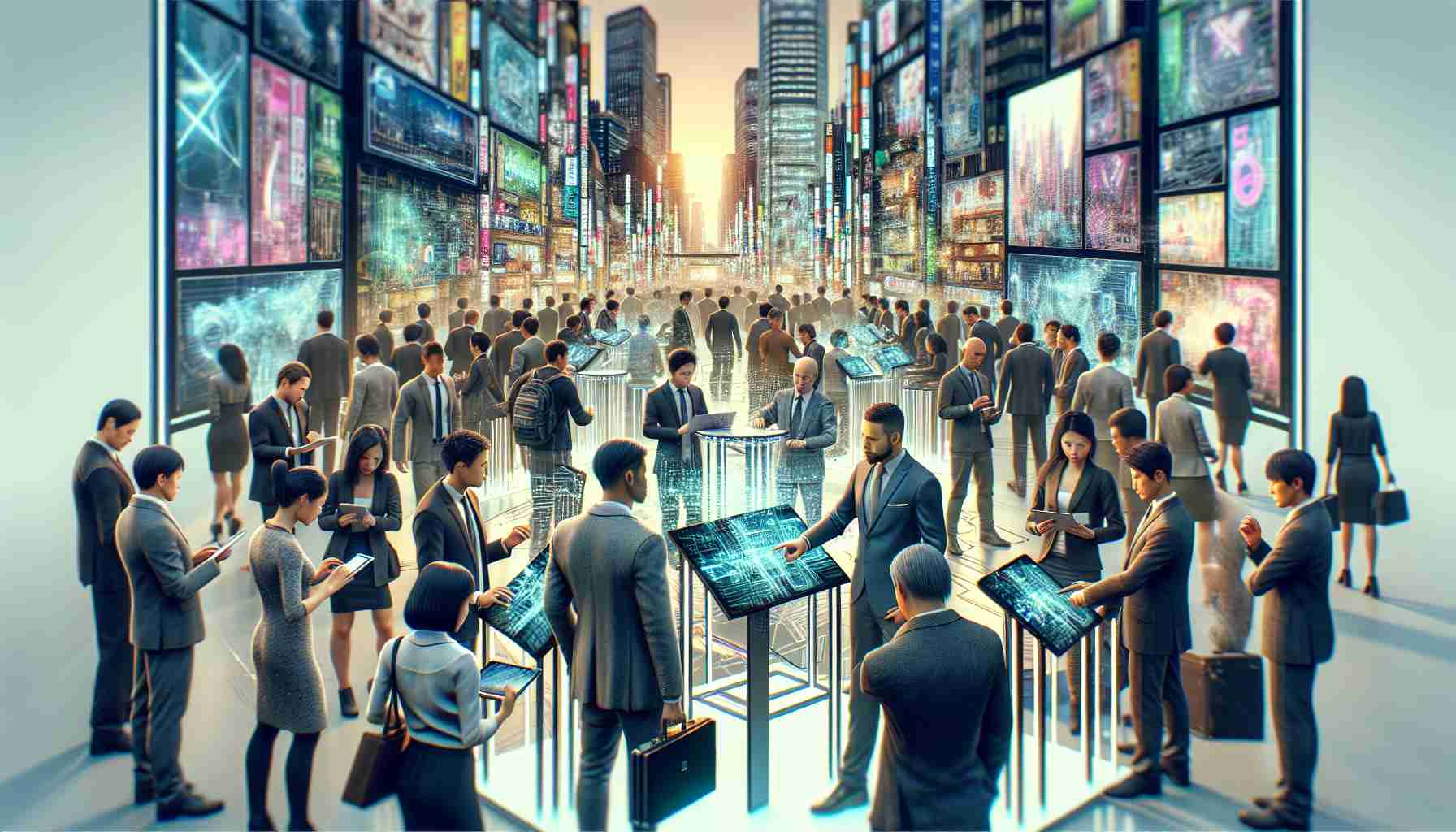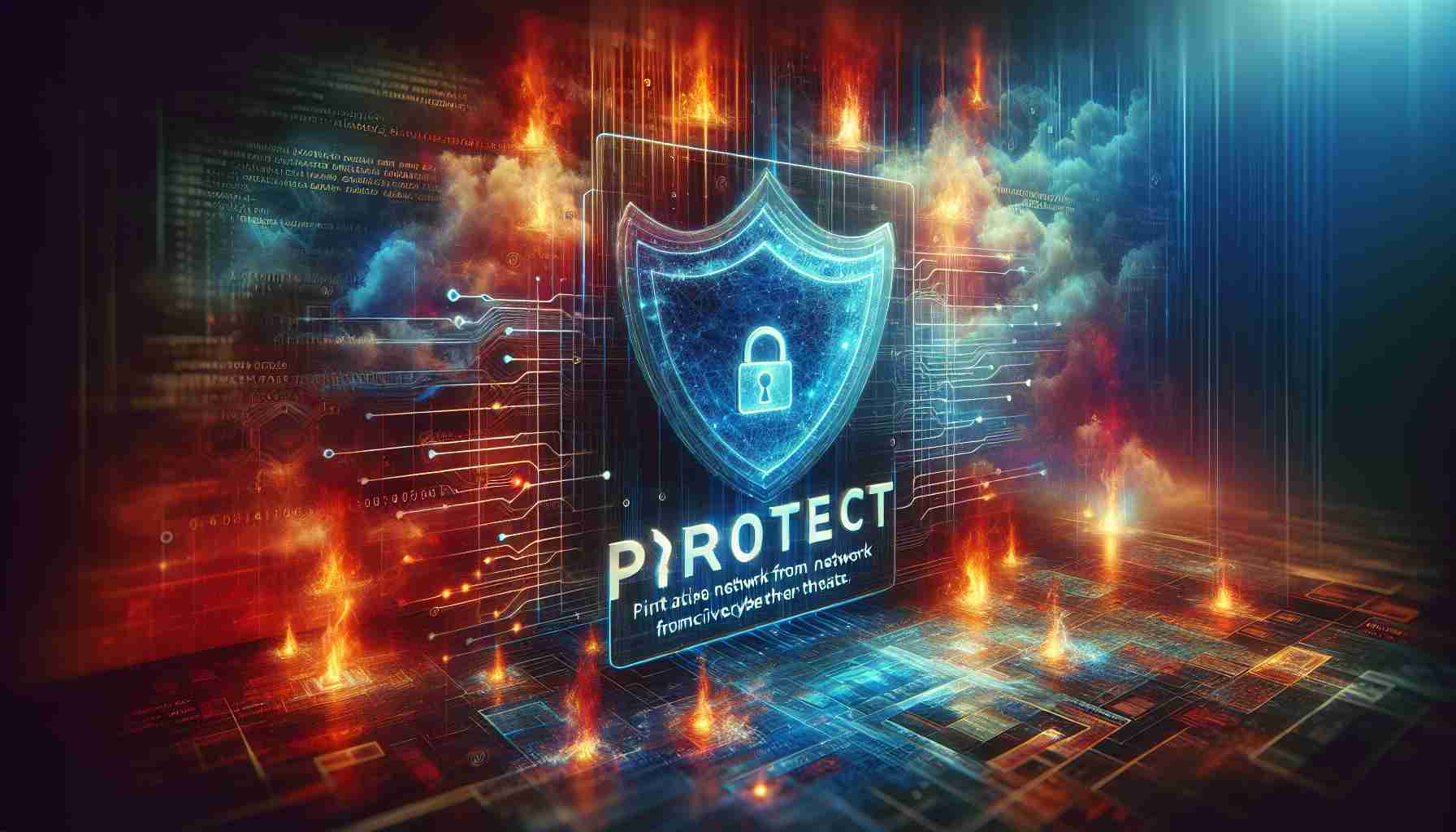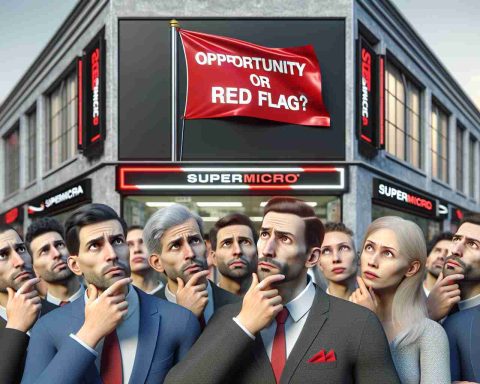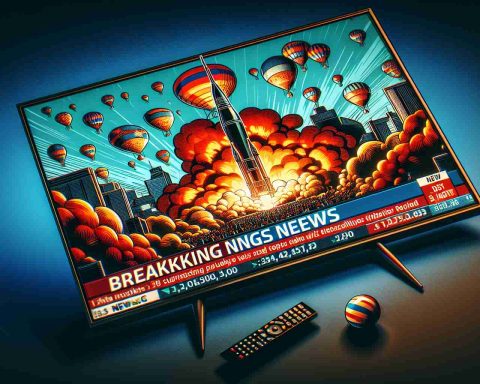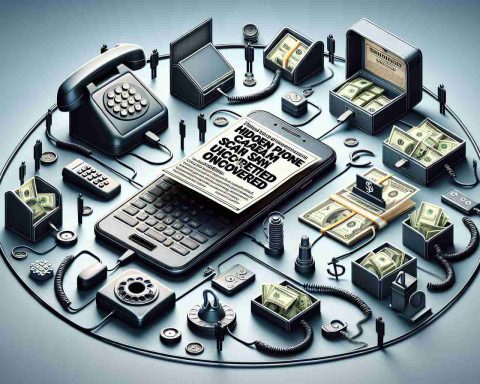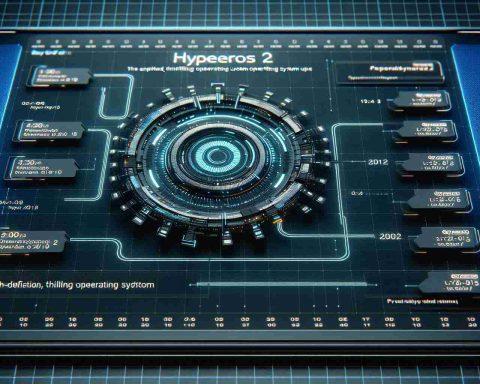The rise of Non-fungible Tokens (NFTs) in the gaming industry has ushered in a new era of digital ownership, allowing players to claim true possession of in-game assets like weapons and skins. However, a significant question looms: do these assets genuinely elevate the gaming experience or merely inflate developer profits?
NFTs have sparked interest by enabling players to generate income from digital items, yet issues such as high transaction costs and speculative trading can overshadow the enjoyment of gameplay. The emergence of blockchain technology appears promising, presenting the idea of decentralized control away from traditional corporate environments, but many players remain wary.
With projections suggesting the NFT market could exceed $231 billion by 2030, the gaming community faces a dilemma. While some users have seen financial windfalls from platforms like Axie Infinity—where monthly earnings can reach substantial amounts—the risk of exploitative practices by developers remains a pressing concern. Investors may occasionally find themselves trapped by inflated prices and inaccessible gameplay if revenue generation takes precedence over player enjoyment.
Moreover, game developers are increasingly leveraging NFTs as ongoing revenue streams, profiting from each secondary sale made through smart contracts. Consequently, casual players may find themselves alienated from the gaming experience as financial barriers take precedence.
In this evolving landscape, gamers continue to express skepticism about whether NFTs contribute positively to their interactions with games or simply transform the medium into a profit-driven venture. As the community grapples with these challenges, the critical task becomes discerning the future of both gaming and NFT integration.
Unlocking the Future of Gaming: Navigating NFTs
As the world of gaming rapidly evolves with the rise of Non-fungible Tokens (NFTs), players find themselves at a crossroads. While these digital assets promise true ownership and potential income generation, they also bring challenges that can detract from the gaming experience. Here are some valuable tips, life hacks, and intriguing facts to help you navigate this exciting yet complex landscape.
1. Understand What NFTs Are
NFTs are unique digital tokens that represent ownership of a specific asset, whether it be an in-game item, digital art, or even music. Unlike cryptocurrencies like Bitcoin, which are interchangeable (or fungible), each NFT is unique and cannot be exchanged on a one-to-one basis. Knowledge is power—spend some time researching how NFTs work and what they offer to the gaming community.
2. Set a Budget
Before diving into the world of NFT gaming, it’s essential to set a financial limit. It’s easy to get swept up in the excitement and overspend on assets that may not enhance your gaming experience. Establishing a budget will help you manage your finances responsibly while enjoying your gaming adventures.
3. Look for Value Beyond Resale
While many players are tempted by the prospect of reselling NFTs for profit, consider whether the item will improve your gaming experience. If you find joy in using an exclusive weapon or skin, that intrinsic value may outweigh potential future profits.
4. Stay Informed About Market Trends
The NFT market can be volatile, and prices can fluctuate based on trends and community interest. Follow gaming news and NFT communities on social media platforms to stay updated on upcoming releases, trends, and potential value shifts. Engaging with others in these spaces can provide invaluable insights.
5. Keep an Eye on Transaction Fees
High transaction fees associated with buying and selling NFTs can eat into your profits. Use platforms that offer lower fees or consider waiting for more favorable conditions to execute trades. Being strategic about when and how you buy can make a big difference.
6. Participate in Community Events
Many games hosting NFTs offer community events or special promotions that allow you to earn exclusive items without breaking the bank. Participate in tournaments, giveaways, or community challenges to build your collection at a lower cost.
Interesting Fact: The NFT market is projected to exceed $231 billion by 2030, according to numerous analysts. This growth could lead to more mainstream adoption within the gaming world, but it also means players should be cautious about its potential pitfalls.
Keep Engaging: As the discussions around NFTs and gaming continue to evolve, staying engaged with the community can provide not only critical information but also the collective wisdom of other players navigating similar experiences.
In conclusion, while NFTs present exciting opportunities in gaming, they also require a discerning approach. By leveraging these tips and understanding the underlying mechanics, players can enjoy a more enriching gaming experience while safeguarding their investments. For more insights about how NFTs are shaping the future, check out nftgaming.com.





